Posts categorized Open Data
Page 5
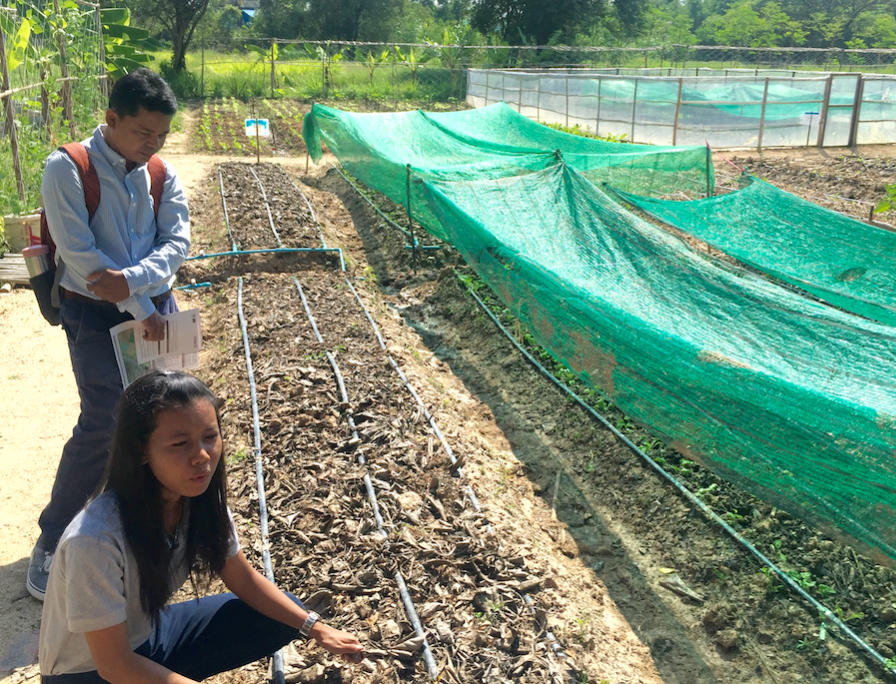
How Interoperability can Strengthen Agriculture and Nutrition
Food security, or people’s access to “sufficient, safe, and nutritious food,” remains a global challenge. Lack of access to nutritious food is not only more likely to affect those already facing difficulties such as poverty, economic shock and public health crises; when communities do not have adequate access to nutrition, they have a harder time

Location, Location, Location: A miniTAG on how project location data should be published and visualized through IATI
Subnational location information is repeatedly identified as critical for both donors and implementers to understand and learn from development activities around the world. “Information on who is doing what and where allows development organizations to maximize impact by finding gaps in funding, identifying partners and avoiding duplicative efforts.” However, confusion around how location data should
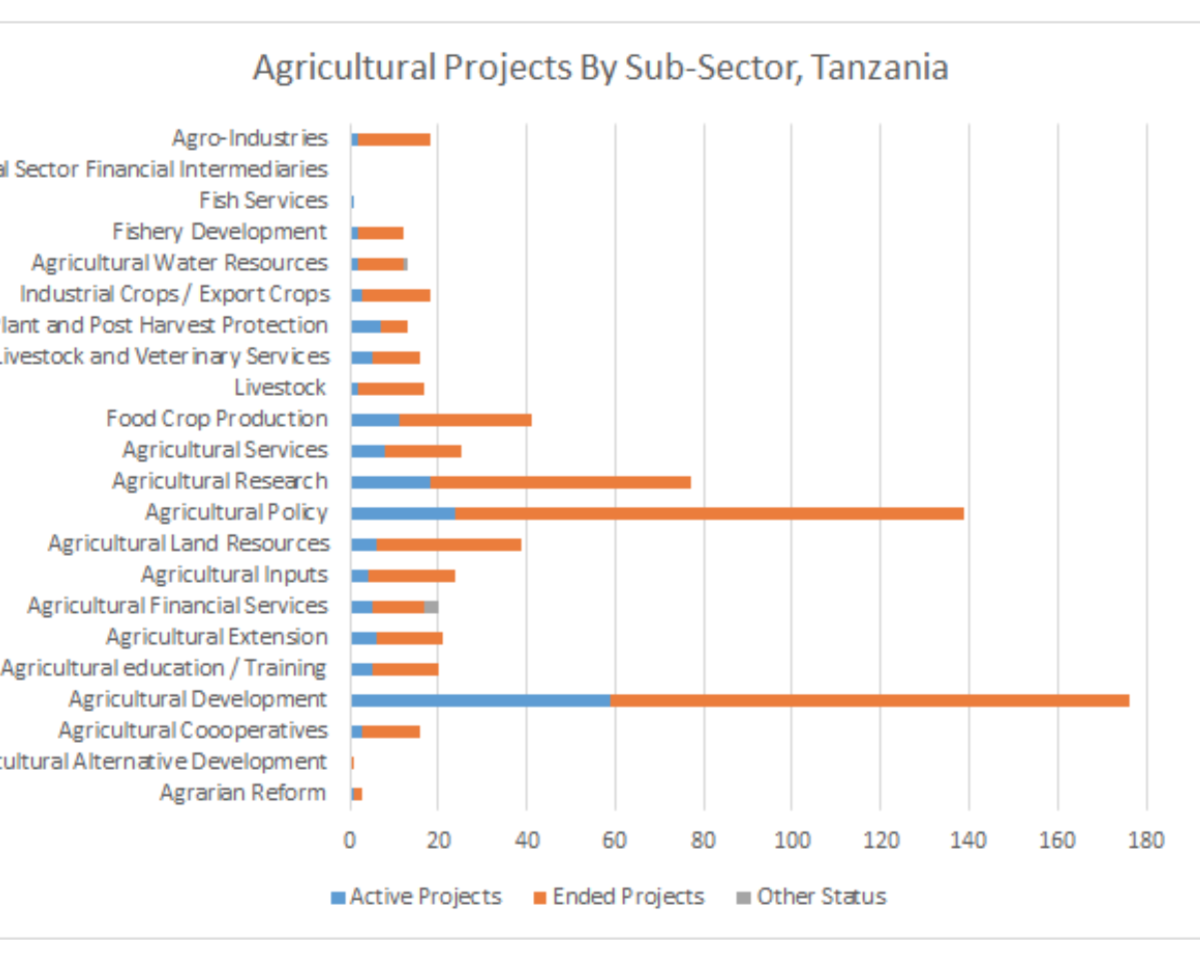
IATI Data for the Future: Success, Progress, and Challenges
Last week, we shared experiences from the process of conducting Data Use Pilots along with our partners, Publish What You Fund. Today, we’re sharing further takeaways from using the International Aid Transparency Initiative (IATI) in conducting the Pilots, with a focus on results and issues we encountered throughout the process. Our last post discussed that IATI
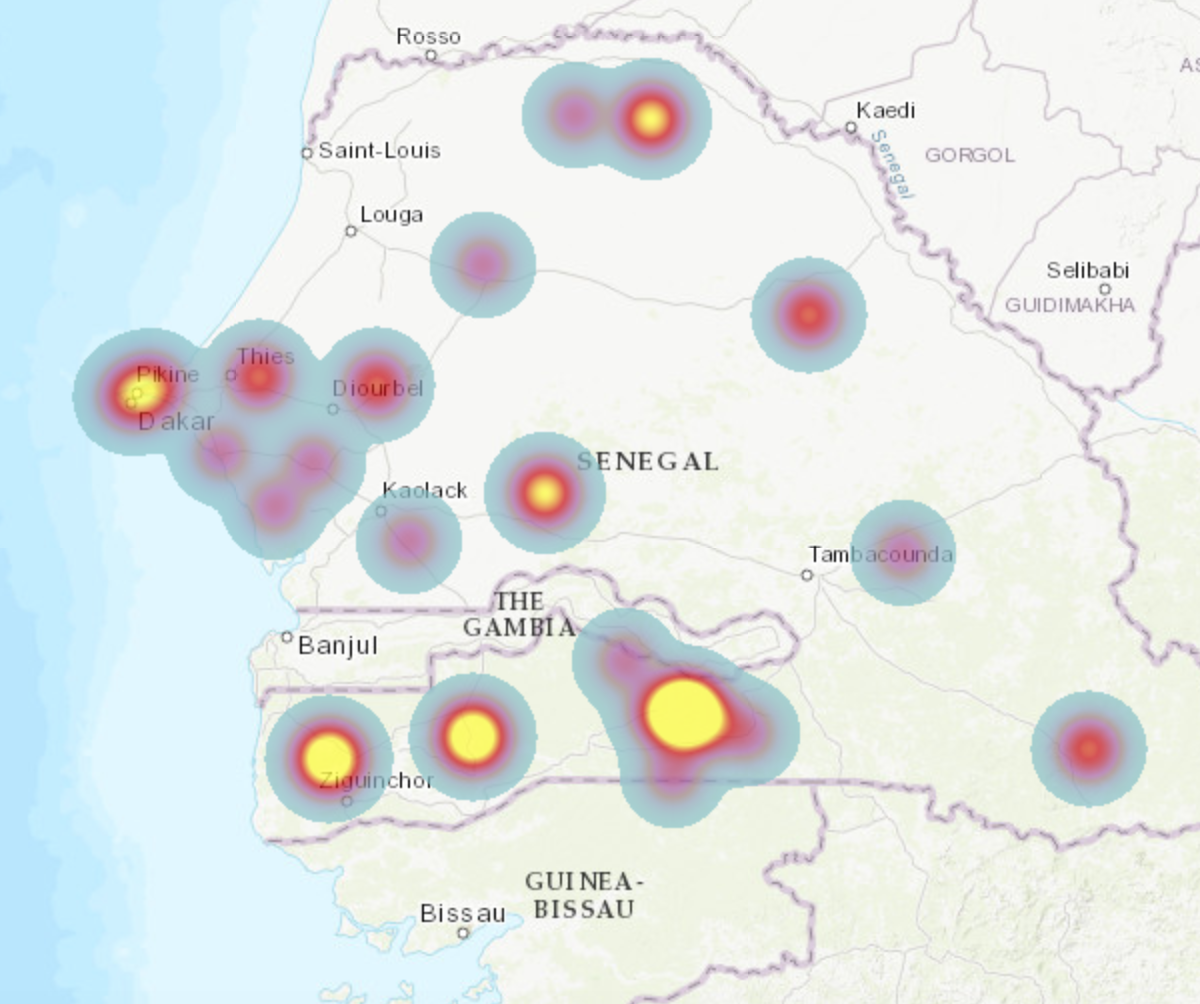
Making IATI Work for Donors: Lessons from USAID and DFID
There are approximately 42,000 agricultural projects published through the International Aid Transparency Initiative (IATI). These projects contain information on which donors are spending what and where. The Initiative for Open Ag Funding has repeatedly heard that this information can be a powerful tool when planning and coordinating projects. Yet despite such enthusiasm, we found that
.jpg)
Open Contracting for the Future: Three Frontier Issues
The future of open contracting depends on the ability of governments and citizens to open up the entire public contracting cycle, create feedback channels, and use open contracting data to improve procurement results. But there remain a number of crucial issues that will advance or hinder the open contracting agenda in the years ahead. In

SEMA and Citizen-Generated Data
“Basically, we used to have two methods of getting information on water infrastructure… The first… [was] the water department at the municipal level would visit the villages once or twice a year during the months of June and December to do stock-taking of all water points and their functionality status. “The second method was to

Sensors, Empowerment, and Accountability: Tapping Water Resources in Tanzania
Access to safe water is essential to our health and wellbeing. As an international community, we recognize this as demonstrated by our commitment to Sustainable Development Goal 6, “Ensure availability and sustainable management of water and sanitation for all.” At the national level, universal access to safe water is a core indicator in Tanzania Vision
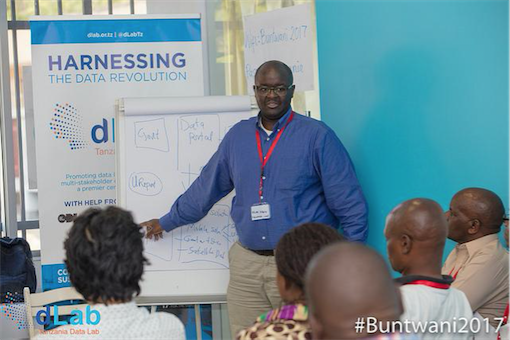
Musings from Buntwani 2017
When data — particularly government data — is made relevant and available, we as “infomediaries” have an opportunity to create public value. As a community of data users, we are becoming more savvy at turning datasets into information, and information into advocacy for better public resource allocation, transparency and accountability, and good governance. At
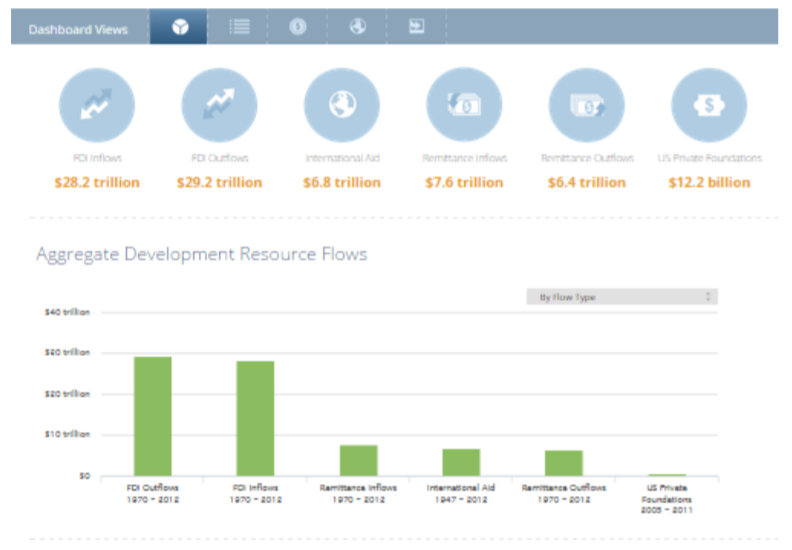
AidData 3.0: Engine for Growth
In 2003, an undergraduate student at the College of William and Mary set out to write his honors thesis on the efforts of international development organizations to help communities adapt to and mitigate the effects of global climate change. His research quickly hit a roadblock: existing public data on foreign aid flows was not precise
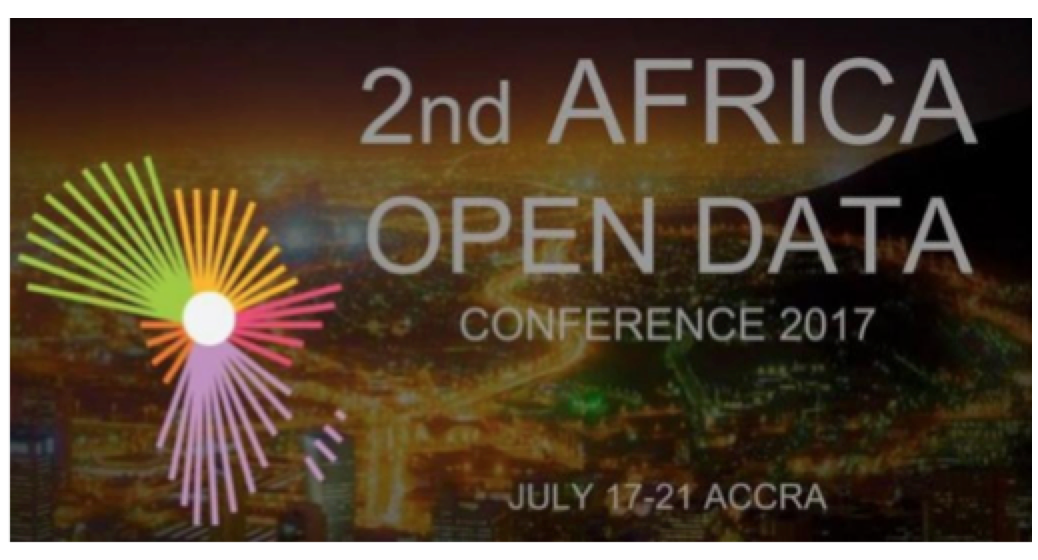
See You At AODC 2017
Next week, we will be participating in the Africa Open Data Conference in Accra, Ghana. We are excited to share with 600+ other individuals and organizations how DG and our partners use open data to empower citizens, reduce corruption, and elevate evidence-based policymaking.